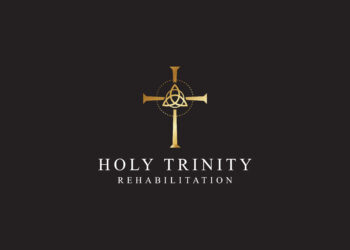During the COVID-19 pandemic, Holy Trinity Episcopal Church, on Jones Street, initiated a compassionate project. They started by placing food bins outside their building, offering essential food items to those in need. This initiative was a direct response to the increasing food insecurity caused by the pandemic.
Today, this initiative has grown into a structured program featuring two large bins filled not only with food but also with dog/cat food and personal care items. This program has become a crucial element in bridging the gap in the town’s food supply, providing immediate and accessible aid to the community.
The success of this program is a testament to the collective effort of both parishioners and non-members, who have made significant contributions to keep the bins stocked and the initiative thriving.
In Hollidaysburg, the Central Pennsylvania Food Bank has made a notable effort by establishing a food hub. This initiative is part of a larger effort to improve access to food and combat food insecurity in the region.
The food hub serves as a critical resource, ensuring that those in need have access to essential food supplies, thus contributing significantly to the region’s food security.
The Supplemental Nutrition Assistance Program (SNAP) has undergone significant changes. Initially enhanced due to the pandemic, these benefits are now reverting to pre-pandemic levels. This reduction will result in each SNAP household losing at least $95 a month, a substantial decrease that will impact many families across the state.
The reduction in SNAP benefits is expected to lead to an increased demand for assistance from local food banks and pantries, as more families find themselves in need.
The American Rescue Workers facility in Hollidaysburg has observed fluctuations in the number of families seeking help. Initially, there was a decrease due to increased SNAP benefits, but now, with the anticipated reduction, they are preparing for a surge in demand.
The facility, along with other local food banks and pantries, is gearing up to accommodate this expected increase in clients. This preparation includes increasing stock and resources to ensure that no one in need goes without assistance.
A key aspect of addressing this challenge is the collaboration between various food banks and pantries in the area, working together to ensure that resources are distributed efficiently and effectively.
The efforts of Holy Trinity Episcopal Church, the Central Pennsylvania Food Bank, and other local organizations like the American Rescue Workers facility highlight the power of community action in addressing food insecurity. As the landscape of food assistance changes, particularly with the reduction in SNAP benefits, these initiatives become ever more critical. They represent a beacon of hope and solidarity in the face of adversity.










